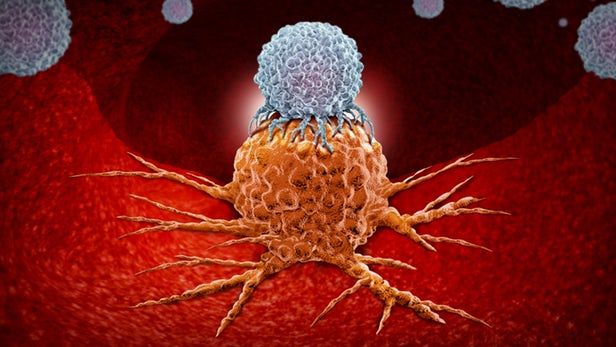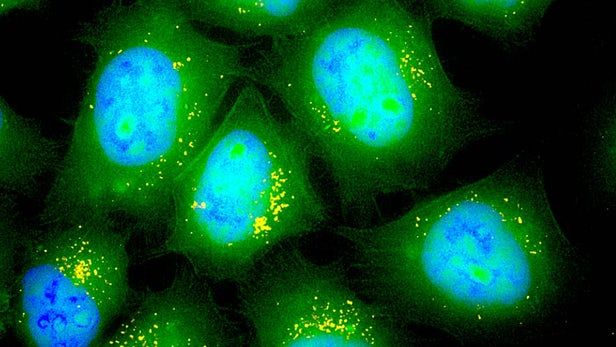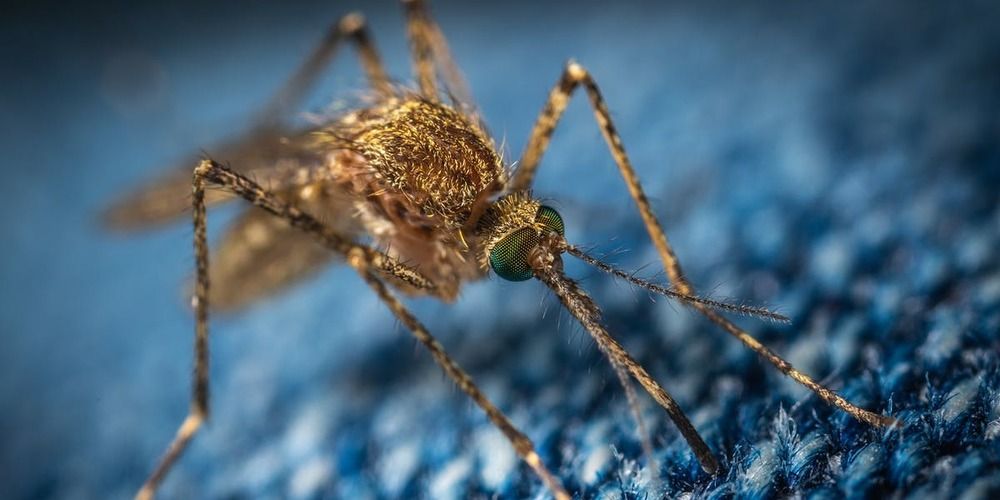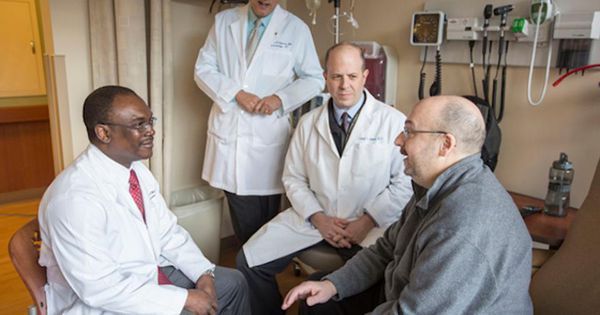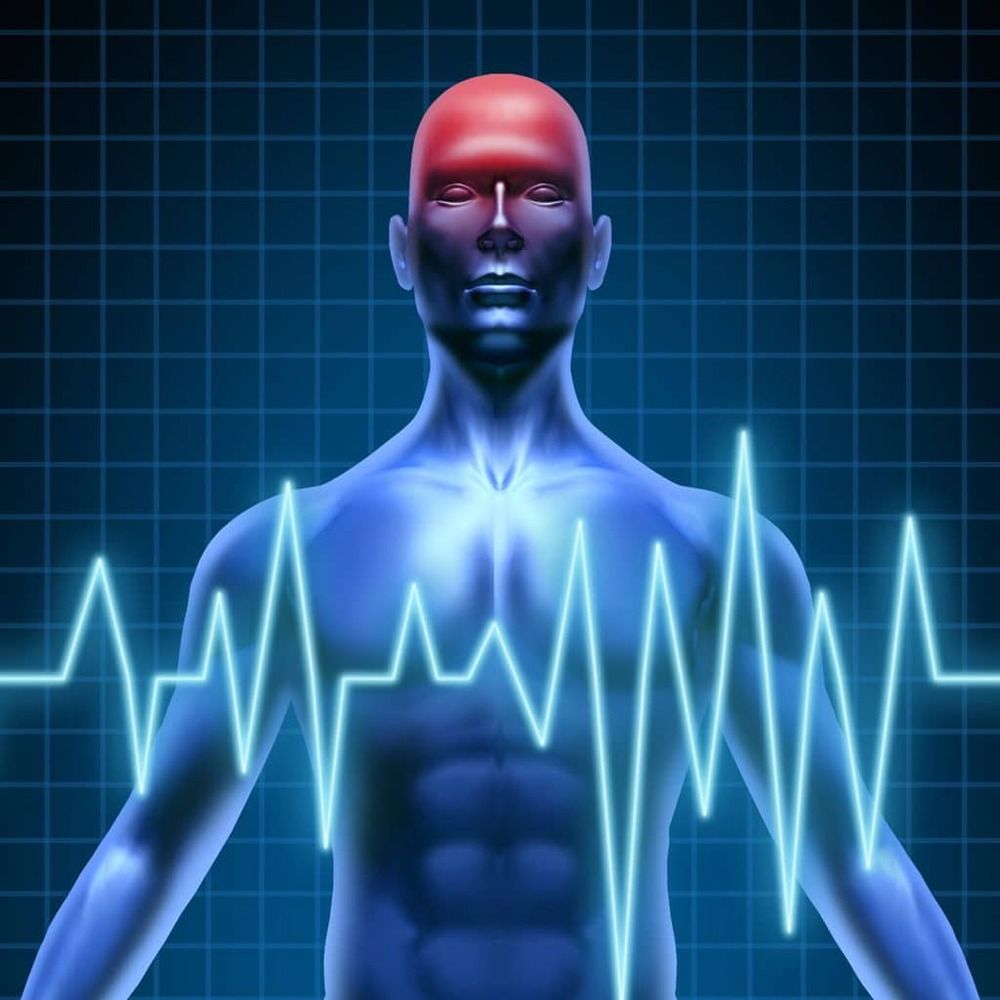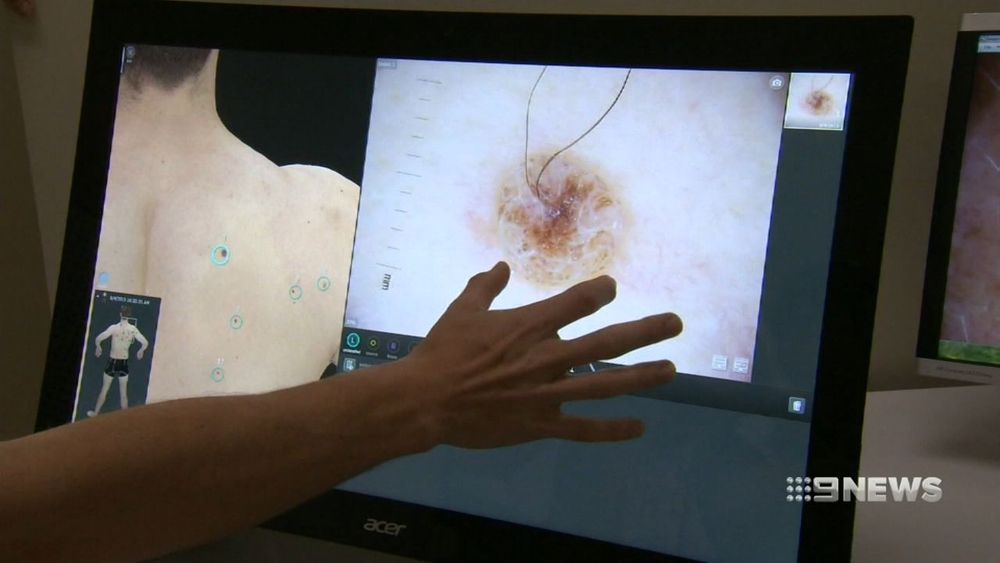Jan 7, 2019
Participate in Citizen Science Day 2019
Posted by Genevieve Klien in categories: biotech/medical, science
 With support from the National Network of Libraries of Medicine, the School for the Future of Innovation in Society at Arizona State University and SciStarter invite libraries to be part of Citizen Science Day on April 13. Now in its third year, Citizen Science Day is expanding to include meetups and events with a special focus on supporting libraries to involve their communities in authentic science projects in need of their help. The signature event this year will be the “Stall Catchers Megathon” by the Human Computation Institute. Complete the registration form to sign up.
With support from the National Network of Libraries of Medicine, the School for the Future of Innovation in Society at Arizona State University and SciStarter invite libraries to be part of Citizen Science Day on April 13. Now in its third year, Citizen Science Day is expanding to include meetups and events with a special focus on supporting libraries to involve their communities in authentic science projects in need of their help. The signature event this year will be the “Stall Catchers Megathon” by the Human Computation Institute. Complete the registration form to sign up.


